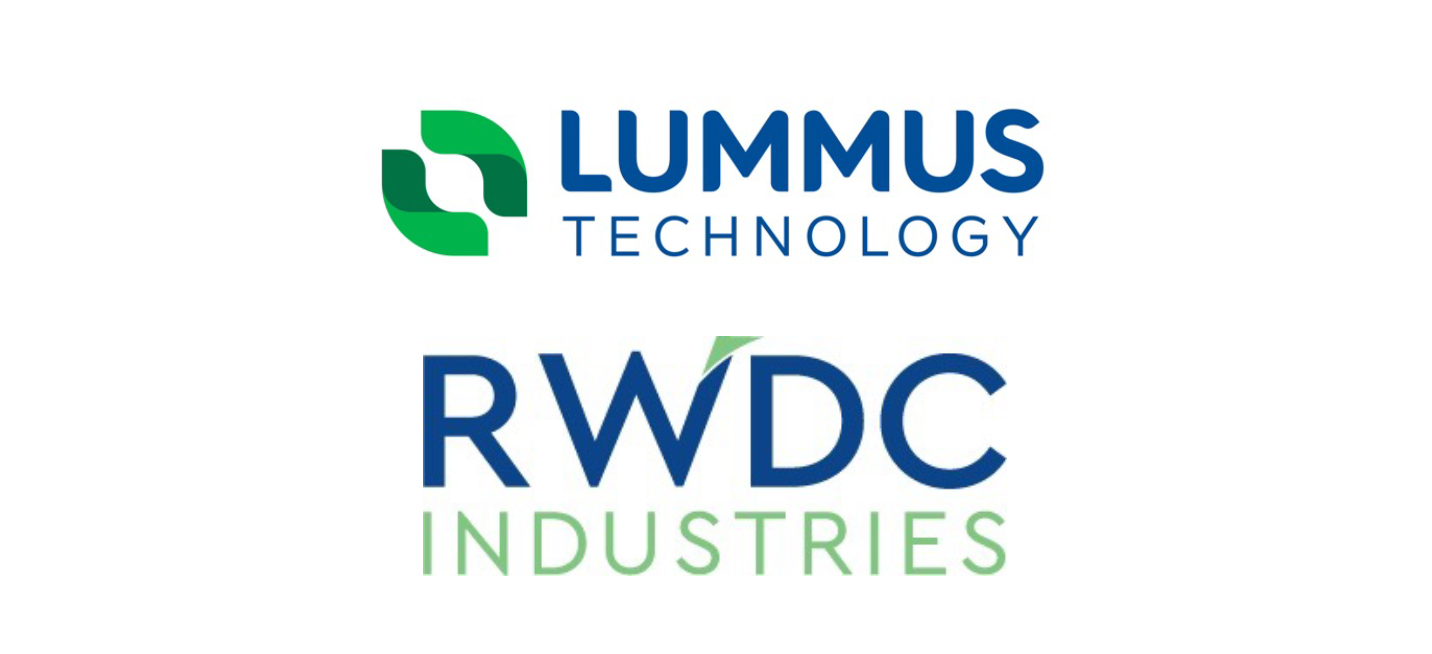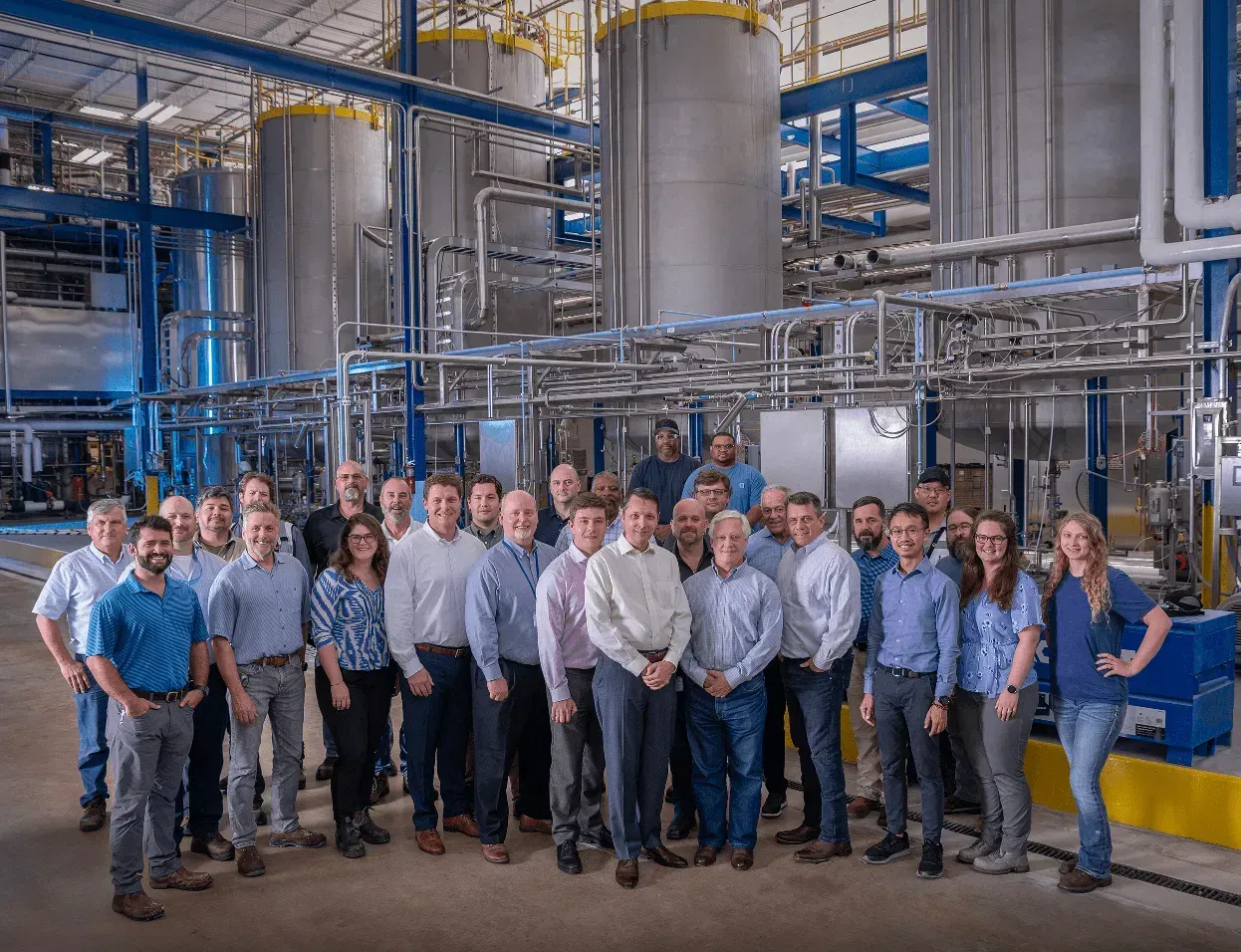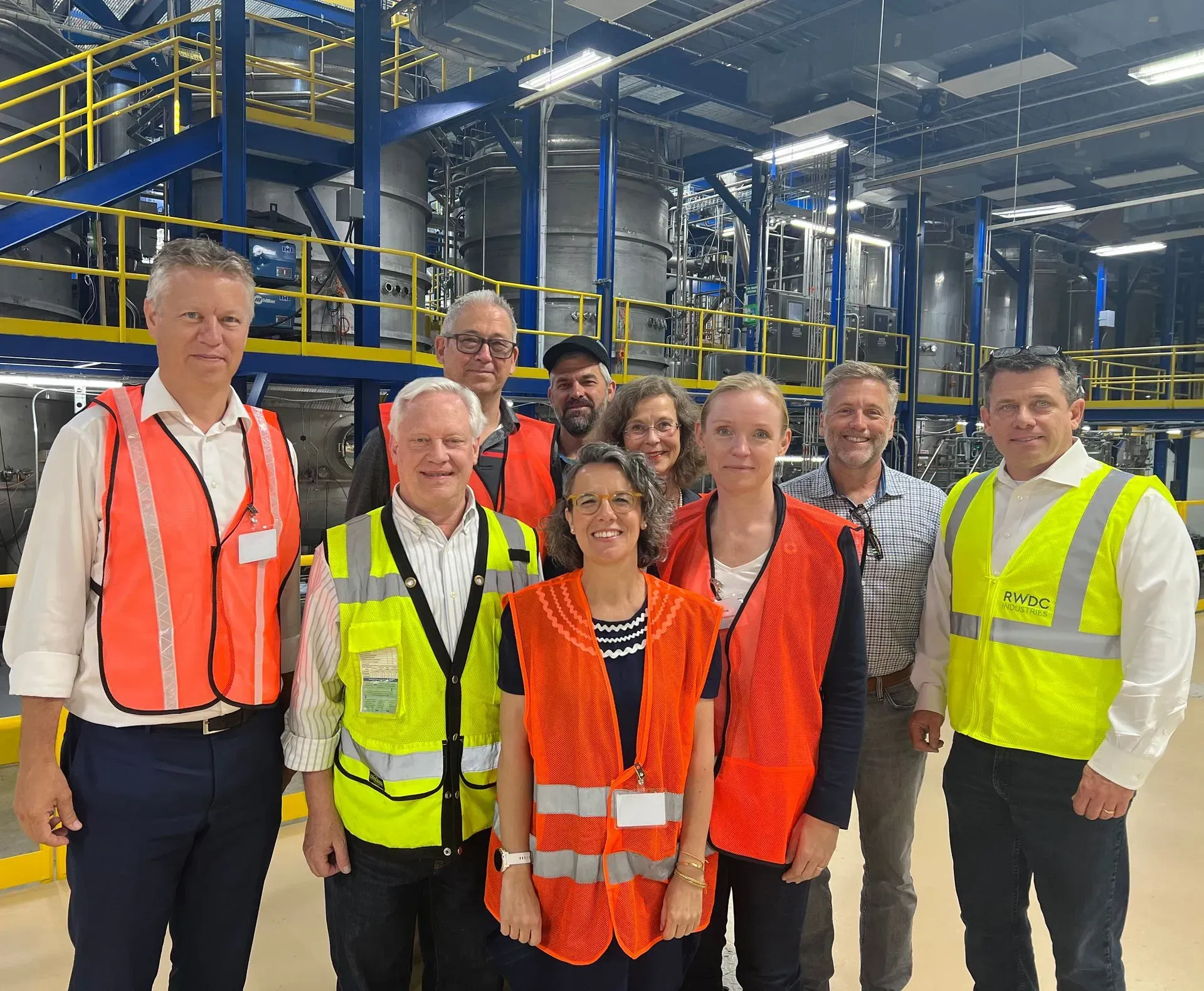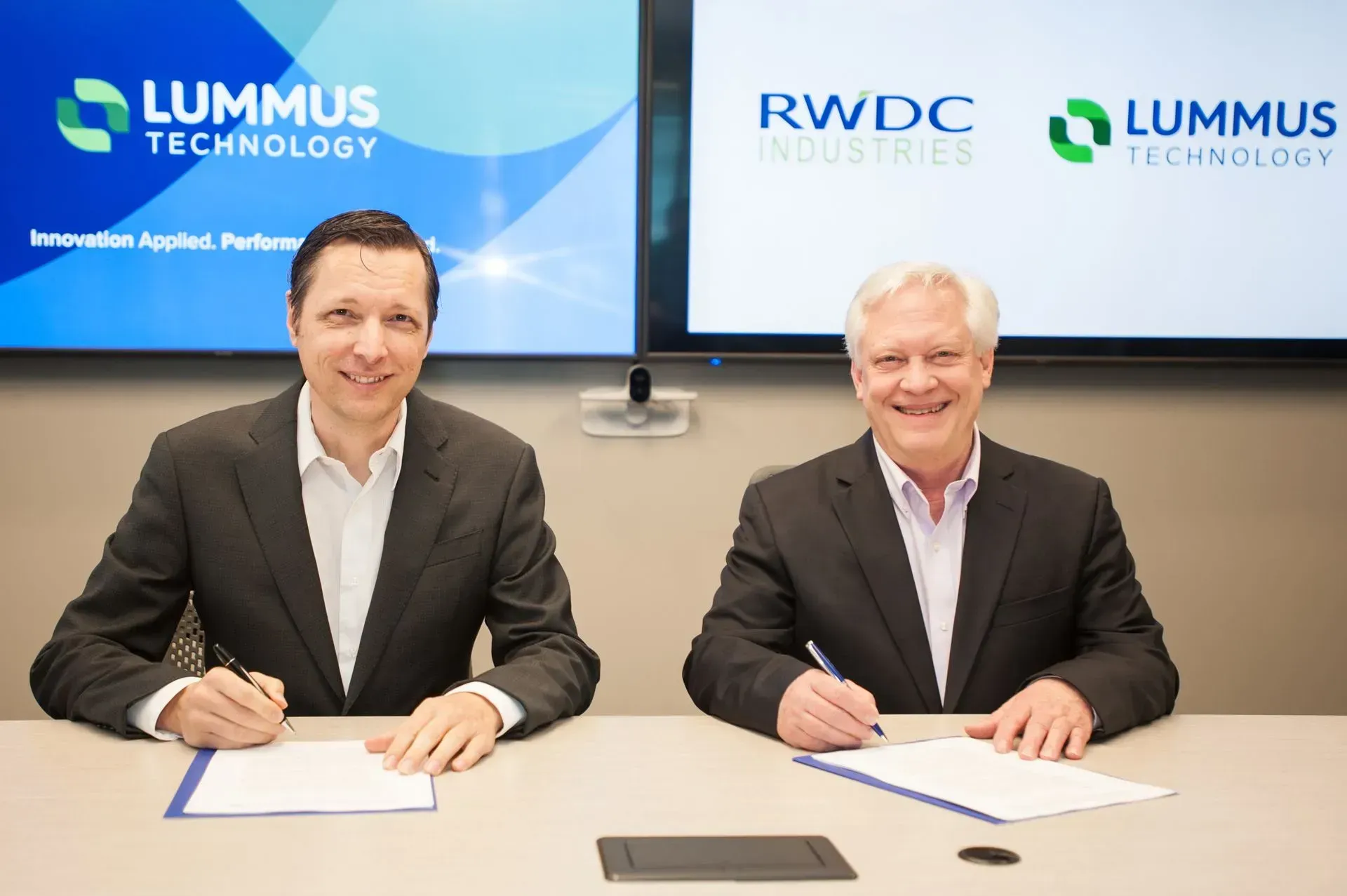生物科技创新公司RWDC Industries 完成A3轮融资, 总投资额为2,200万美元
资金将用于加速公司PHA产能扩张计划并支持相应的研发工作
新加坡,2019年4月23日 – 总部位于新加坡的创新公司RWDC Industries Ltd今天宣布成功完成A3轮融资。本轮融资超额完成,总投资额为2,200万美元。由已经参与之前融资的风投公司伟高达创投(Vickers Venture Partners)和新加入的美国能源公用事业公司Eversource退休主信托基金(Eversource Retirement Plan Master Trust)领投。后者是世界500强企业Eversource Energy的养老基金管理机构,也是 RWDC 首个来自美国的机构投资者。参与本轮融资的还包括已经加入的中经合集团(WI Harper Group)以及其他新加入的投资机构。
这轮融资是继六个月前完成的1,300万美元A2轮融资的后续资金募集。在此期间,RWDC扩大了公司在美国佐治亚州雅典市的聚羟基脂肪酸酯(PHA)生产基地的产能,启动了PHA在无纺布等新领域的应用开发,并成功配合客户完成了对PHA在吸管和淋膜纸领域应用的各种性能测试,取得了客户的一致好评!
RWDC公司的执行主席阮明星先生说:“自月前我们公司完成A2轮融资至今,我们在生产运行和与客户拓展方面都取得了显著进展。如果没有伟高达创投和中经合集团给予公司的支持和信任,这是不可能实现的。我们正努力实现我们对未来世代绿色世界的愿景。”
全球各国政府近年来开始更积极地对塑料垃圾采取更严格的立法,其中欧盟是在一次性塑料垃圾处理立法方面的领导者。然而,目前大部分的对策仍然集中在三个 "R” -- 减少(Reduce)、重复使用(Reuse)和再循环(Recycle)。 这些应对措施不足以改变塑料垃圾污染的增长趋势及其所造成严重后果。RWDC认为更有效的解决方案在于使用替代产品,暨用合适的材料替代使用一次性塑料。PHA作为一种自然存在的、无需更改物性的天然聚合物,具有与石油基塑料相似的性状和优点,但不同的是,PHA可以在自然环境里完全生物降解,不会遗留有毒害残留物。
RWDC 成立于新加坡,并设立总部于此,致力于研发和提供创新性并且具有成本经济效益的生物聚合物材料解决方案。该公司目前的主要产品为中长链的聚羟基脂肪酸酯 (mcl-PHA)。PHA 是由天然微生物产生的聚合物,以植物油或糖为原料,通过发酵制成。由于PHA适用于广泛的应用领域,因此普遍被认为是世界上唯一可大规模商业化生产的可自然降解的生物塑料。RWDC的PHA获得了权威机构奥地利TÜV(原Vinçotte)的认证,确认其在土壤、淡水和海水自然条件下,在数周内可完全生物降解,并不会遗留任何有毒害残留物。RWDC的客户将可以把他们的产品标记为100% 生物基、无毒和可生物降解。
伟高达创投主席陈诚锦博士说:“我们在不久前参与RWDC的A2轮融资时,被公司创始人和团队为解决当前一大环境问题的热忱和梦想所吸引住。这个环境问题就是塑料对世界的污染和其对动物类及人类造成的严重危害。六个月后,RWDC正顺利地扩建该公司的生产产能,并且推出商业产品。我们为RWDC更进一步接近他们的梦想 -- 永远解决世界上不可持续的塑料制品的使用 -- 而感到高兴。”
中经合集团董事长刘宇环先生指出:“世界终于意识到必须建立一个绿色且可持续未来的迫切性。我们海洋里的塑料污染对社会和全球增长是个严重的威胁。RWDC的生物聚合物完全可生物降解、耐用并具有实用性。我们的目标是替代一次性塑料,创造有意义的影响。我们为能够和RWDC团队合作而感到骄傲,我们将携手共同增强世界对替代塑料使用的意识,并提高下一代智能城市的标准。”
这轮融资所筹得的资金将主要用于加速该公司在美国佐治亚州的生产产能,并支持公司在几种优先应用领域的研发活动。该公司预期第一批商业化PHA吸管将在2019年内在市场上销售。这些吸管所使用的PHA 合成树脂(resin)可直接使用在目前使用聚丙烯PP(Polypropylene)的挤压机上。
在2018年,RWDC公司凭借使用PHA取代一次性塑料的商业计划赢得了淡马锡基金会(Temasek Foundation Ecosperity)创立的首届宜居国家创新挑战赛 (Liveability Challenge)的桂冠。
-结束-
关于 RWDC Industries:
RWDC Industries Ltd是一家生物科技公司,由阮明星先生和Daniel Carraway博士于2015年创立,致力于研发和提供创新性的且具有成本效益的生物聚合物材料解决方案。该公司特别以生产中长链的聚羟基脂肪酸酯(mcl-PHA)为主,适用于广泛的应用领域。
PHA是通过加入植物油或糖使细菌发酵而自然产生的线性聚酯,并且被普遍被认为是世界上唯一商业上可行的可自然降解的生物塑料。RWDC的PHA经过TÜV奥地利(原Vinçotte)认证,可在土壤,水和海洋条件(即所有潜在的报废场景)下,在几周内完全生物降解,并且没有遗留任何有毒残留物。RWDC支持可持续发展的社会实践活动,并鼓励在塑料垃圾处理的公共政策选择中采取负责任的态度,包括尽可能的回收利用,以便最好地保护我们的环境。
About WI Harper Group:
WI Harper is a pioneer and leading cross-border venture capital firm investing in early and expansion stage companies across Greater China, Asia Pacific and the US. With offices in Beijing, Taipei, and San Francisco, the firm actively oversees more than $1 billion in assets under management. Since inception nearly three decades ago, WI Harper has invested in over 400 startups and has successfully experienced more than 100 IPO and M&A exits.
We look for innovative companies and visionary founders in healthcare and technology fields where there are high synergies and meaningful value added cross selling opportunities. While our healthcare team is presently focused on bioinformatics as well as digital biology, our technology team has a more generalist approach covering big data, analytics, artificial intelligence, AR/VR, IoT, robotics, drones, autonomous driving, as well as digital media and green energy projects.
About Vickers Venture Partners:
Vickers Venture Partners is a venture capital firm focused on early-stage investments in Asia and beyond. The firm’s portfolio covers life sciences, technology, media, and telecommunications as well as consumer and financial services. Some of its partners have track records that include hits such as Baidu.com, Inc (NASDAQ: BIDU), Focus Media Holding Ltd (NASDAQ: FMCN), Kongzhong Corp (NASDAQ: KONG), Cambridge Real Estate Investment Trust (SGX: CREIT), Sunfun Info Co. (Gretai: 5278) Asian Food Channel (trade sale), UUCUN (trade sale), TWG Tea (trade sale), RTG Asia (trade sale), JJE (trade sale), Hillstone (trade sale), M-Daq (trade sale), Tenfen (trade sale), Kuyun (trade sale) and Mainspring (trade sale). The total market value of the companies that the partners have helped grow exceeds US$90 billion today. Vickers Venture Partners announced in October 2017 that they have raised US $230 million to invest in startups across the world, with a particular focus on Deep Tech across the globe and impact investments in emerging markets.
Vickers Venture Partners was founded by Finian Tan, Khalil Binebine, Jeffrey Chi, Damian Tan, and Linda Li in 2005. It is based in Singapore with offices in Kuala Lumpur, Shanghai, Hong Kong, New York, San Diego and San Francisco.
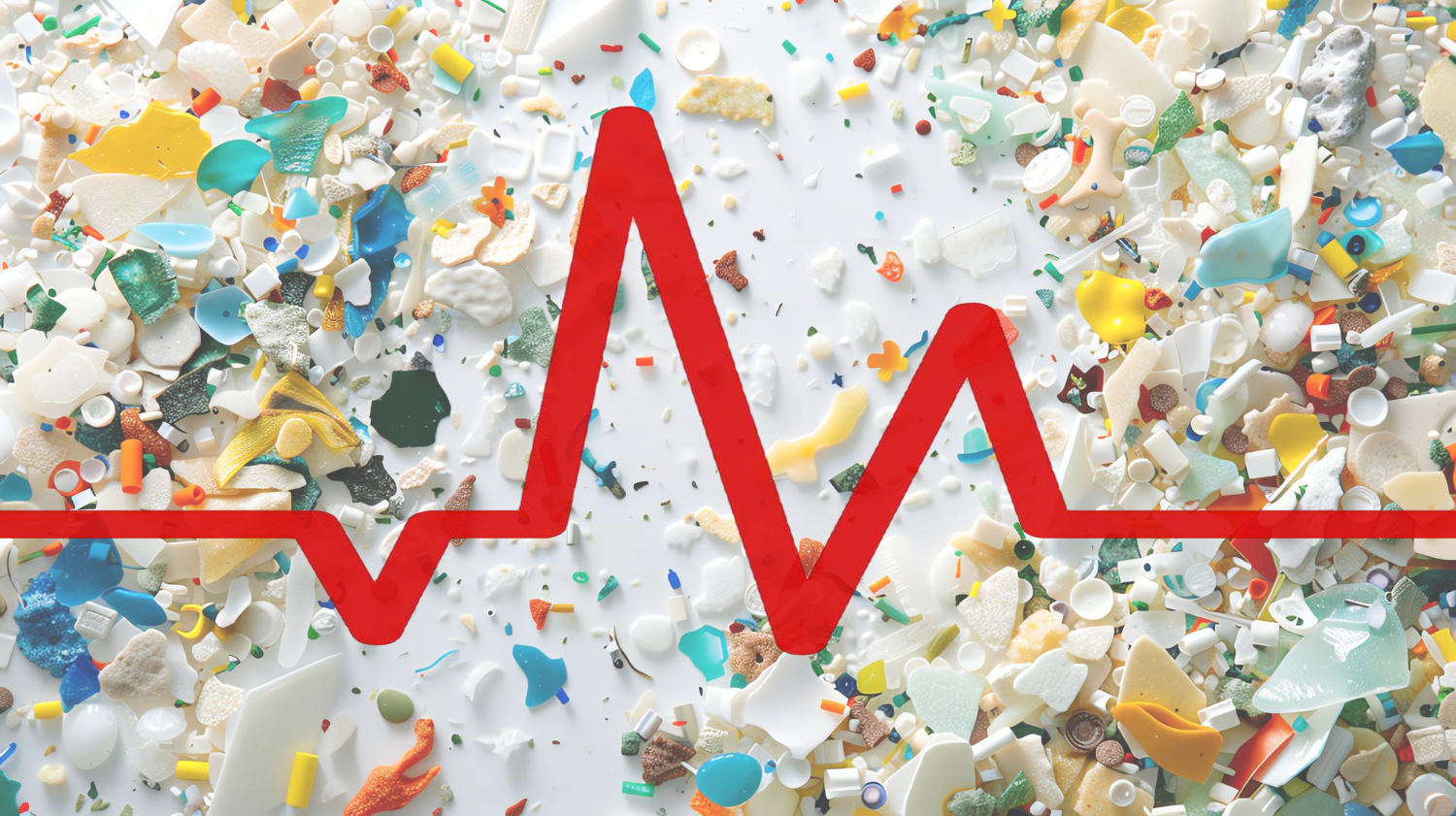

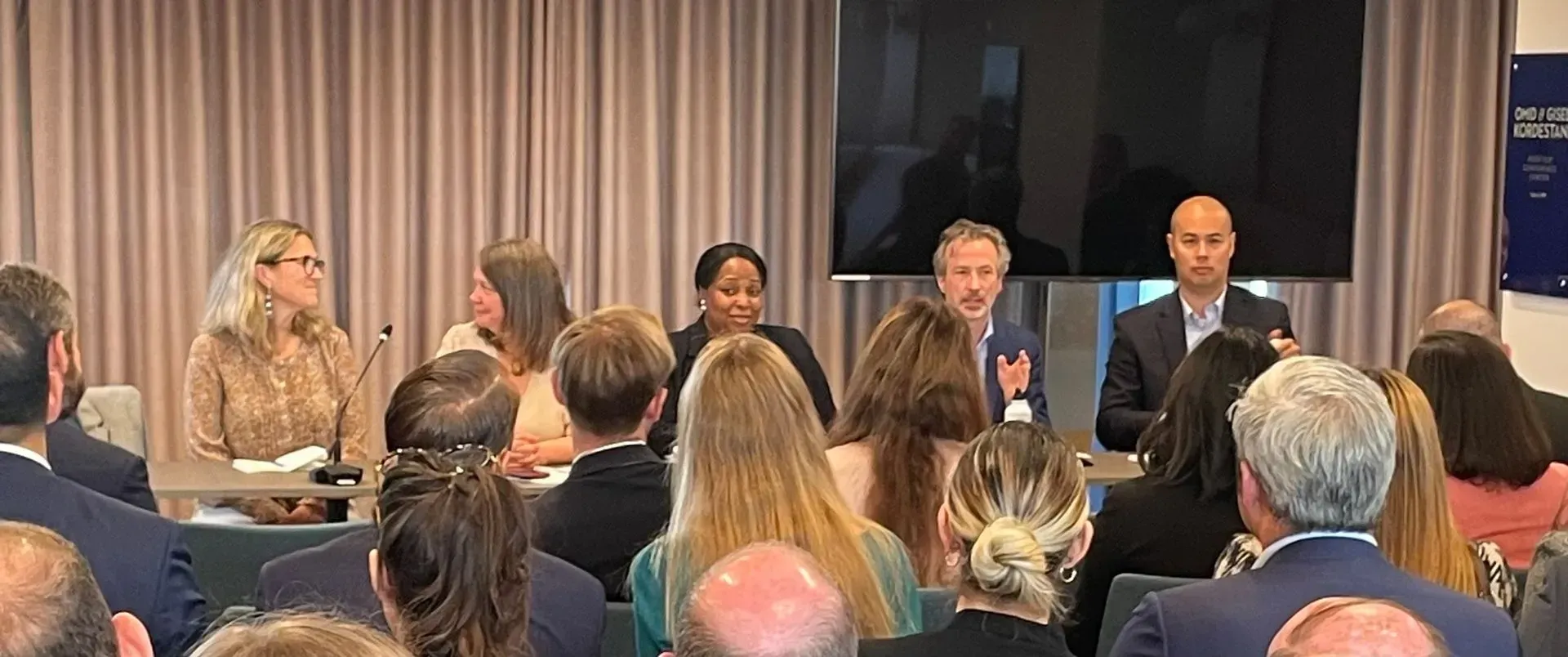

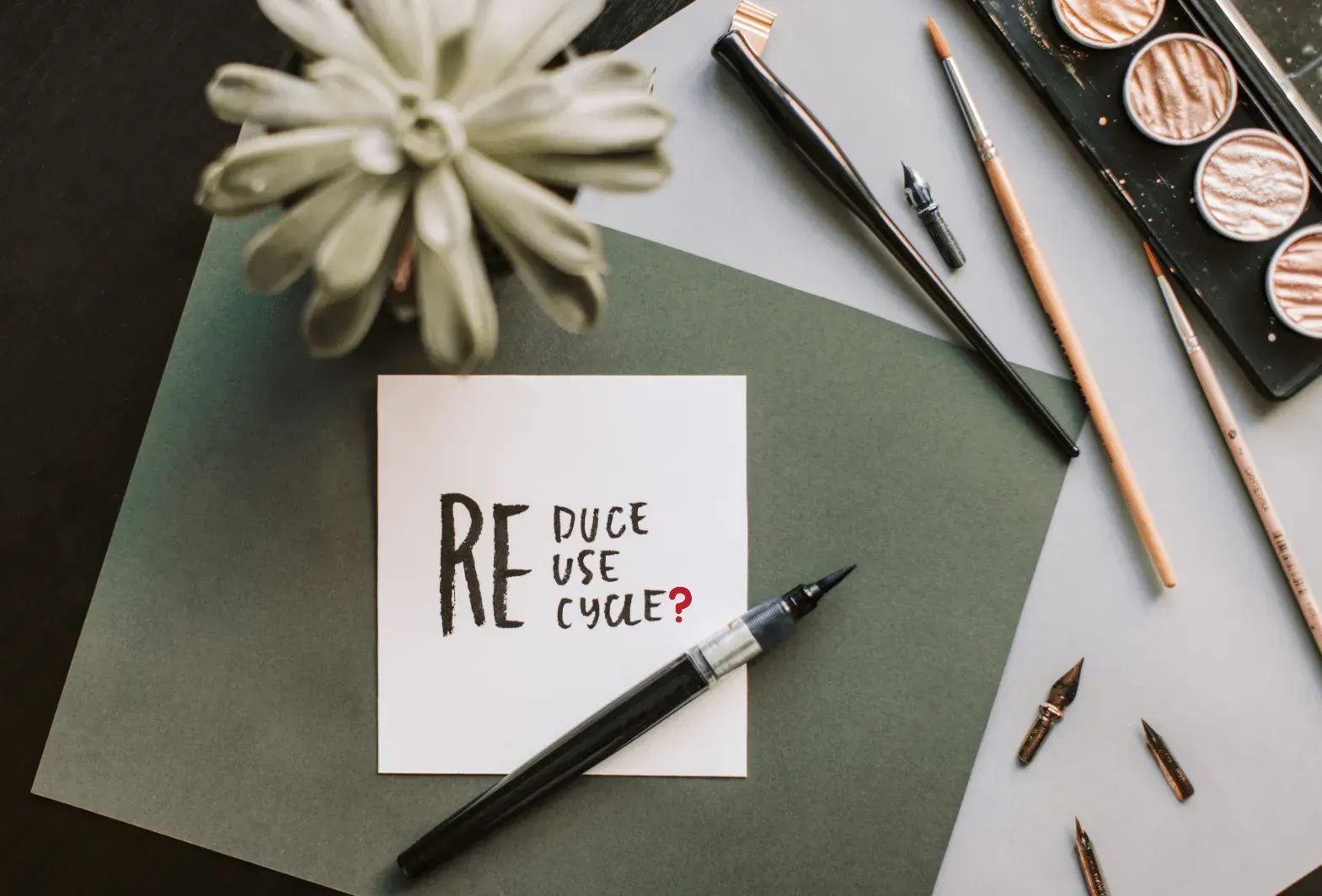
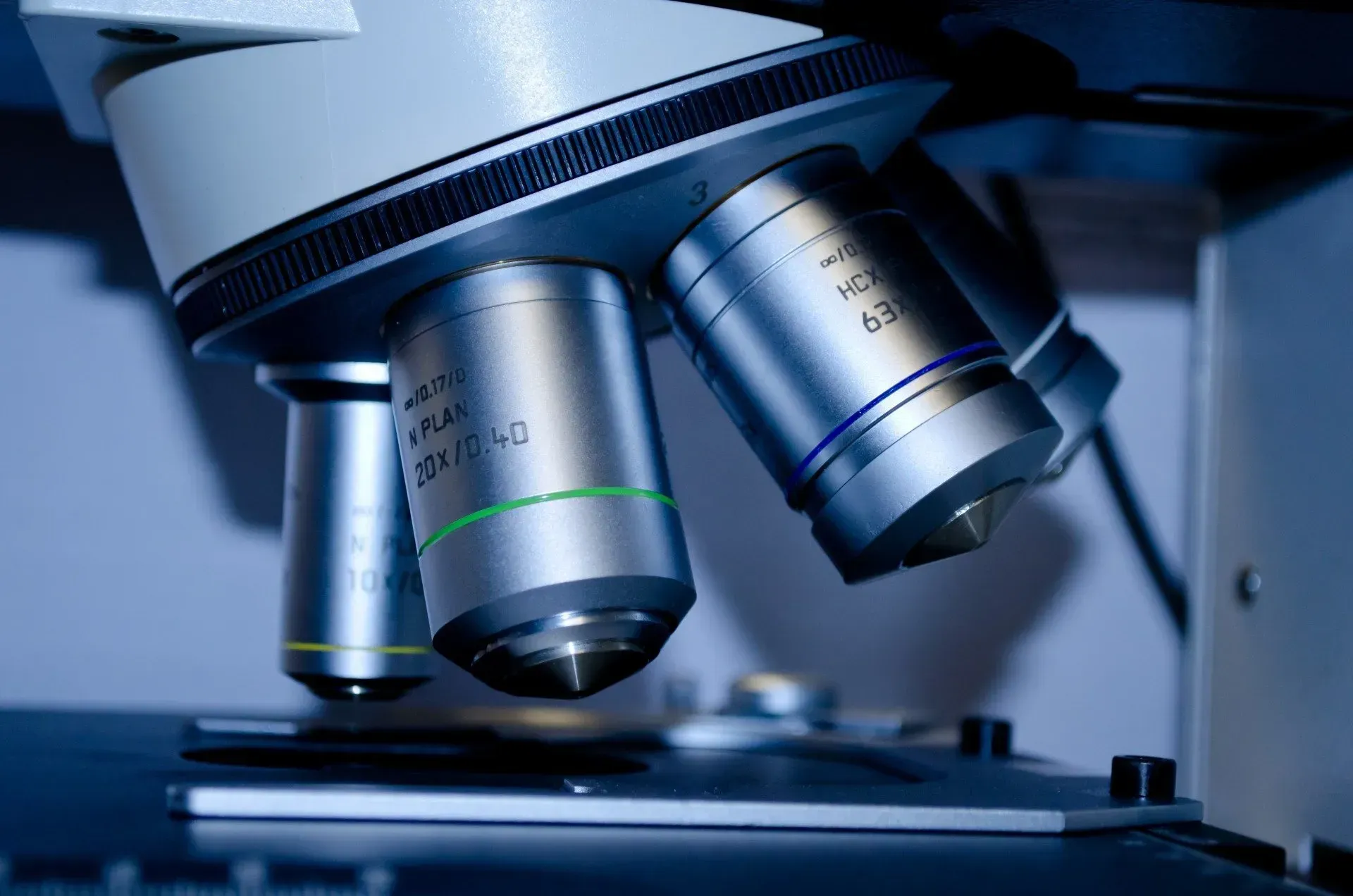
UNITED STATES
RWDC Industries
110 Voyles Road
Athens, GA 30601
SINGAPORE
All Rights Reserved | RWDC Industries
